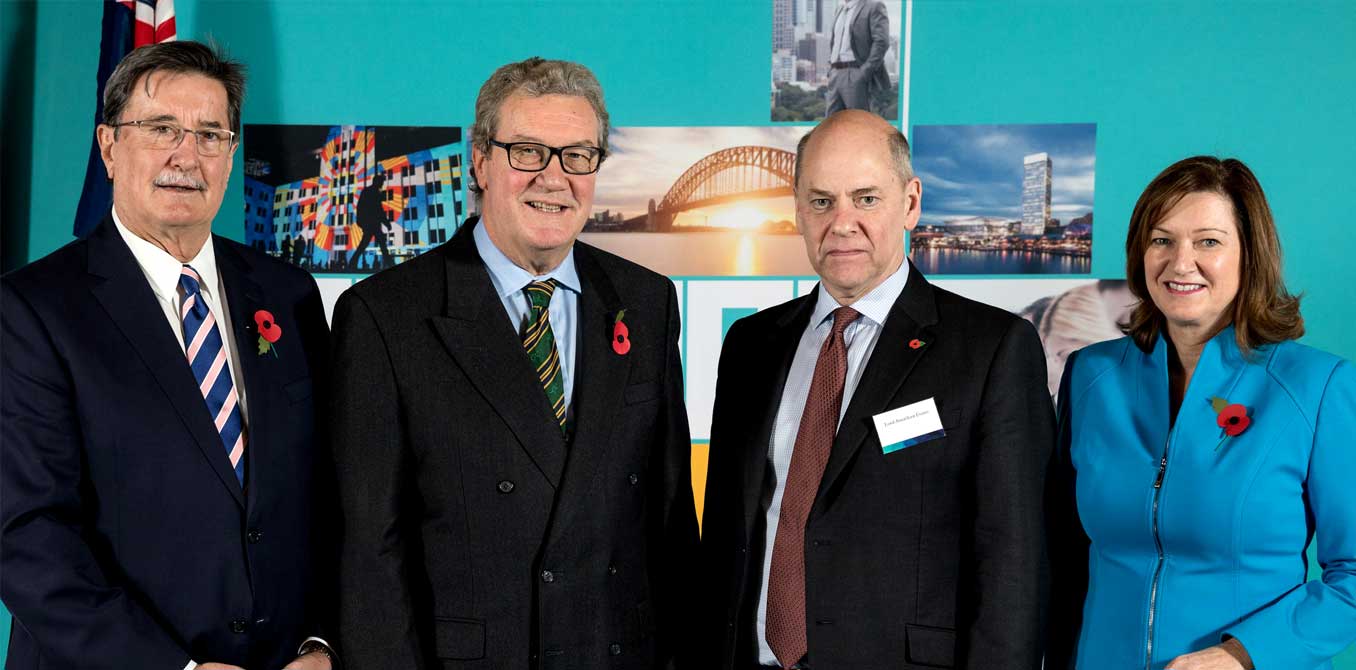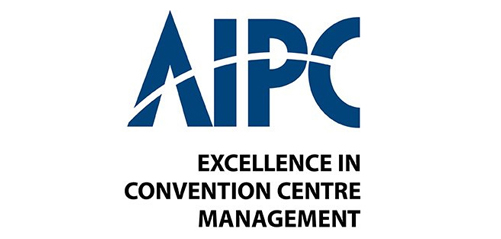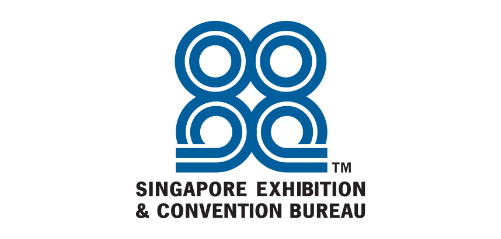The head of security for the London 2012 Olympics, former MI5 Director General Lord Evans, has given the keynote at a Sydney Speaker Series lunch in London. The event was organised by both Business Events Sydney and ICC Sydney, and hosted by the High Commission of Australia. The Iceberg was also invited.
If there was any doubt about how the security services view the potential risks of major events, Jonathan Evans dispelled them right at the start of his keynote.
“To be quite honest”, he said, “when the UK was announced as the host nation for the 2012 Olympics, all of London cheered apart from MI5 headquarters. We all went ‘oh no, we wanted Paris to get it’!”.
He added that his opposite number in France later gave him the reverse reaction: one of pleasure that all the security headaches were London’s.
But the Games turned out to be a huge success, not least from the security point of view. “Better than we can possibly have imagined”, said Lord Evans.
It was on the cyber front that the opening ceremony was most under threat, with a serious attempt to turn the lights out with the world watching. “Arrests did take place and it was possible to stop that particular attack”, he explained.
The cyber threat in a connected world is, Lord Evans said, a growing concern. “Terrorrists potentially can use cyberspace as a vector for attack, although so far we haven’t seen a lot of that. It’s a puzzle to me…”.
He described realising that an automated toilet seat in a Taipei hotel, controllable via an Android app, was hackable. The same could be true of a connected car or more major infrastructure. “These are real issues both for national security and for any other event that might be subject to attack by malicious actors”.
But the threat source was as much from the criminal world as elsewhere. “Any criminal who has got any sense is moving from real world into cyber world, because it’s just a much better business strategy”, said Lord Evans.
The political manipulation so much in the news recently was also touched upon. “Hostile states have been using not cyber attack but the opportunities afforded by the digital environment to start to influence and create an atmosphere of distrust in democratic institutions. I have no doubt that that will continue”.
Lord Evans also talked about terrorism. He said that when he left his post at MI5 in 2013 he had thought the threat of Islamist-inspired terror largely to have passed. It hadn’t, but the more coordinated and complex operations of al-Qaeda had changed through the Islamic State era. “So we are now in the situation where just going out and hiring a car you can mount some form of attack”.
But investment in intelligence, he said, was paying off. “The majority of planned attacks are still disrupted before they take place”.
There was, said Lord Evans, no magic solution to these problems. “You have to think through a whole web of security measures, but also bearing in mind this cannot be oppressive”.
Good intelligence is always necessary, in other words understanding what is out there that might need to be countered. This is particularly true when prominent individuals attending meetings bring along their own security issues with them.
“We kind of know what our own threats are in the UK”, Lord Evans said of the world leaders attending the London 2012 Olympics. “We needed to understand what their issues were because those could manifest themselves on the streets in London in a way that would not happen in the normal course of events”.
Good collaboration, he said, was critical between the event, law enforemcent, and the intelligence and security authorities. He described the global partnerships underpinning the 2012 Games. Assessing any security risks associated with the event’s own personnel was also important.
And just as crucial was contingency planning using the stakeholders that were to be in charge during the actual event. He described running sophisticated disaster exercises chaired by the Prime Minister. “Forcing people to have those conversations in advance was critical, because there will not be time if it happens for real…”.
Lord Evans also pointed out that the Olympic village was not well situated from a security point of view. So some pre-emptive “community spying” against known threats was also deployed. Persons of interest found securiy officers or the police turning up on their doors early in the morning and asking them whether they were attending the Games.
“I don’t think that’s probably something that if you are doing a normal conference would be required…”, Lord Evans pointed out, to some laughter.
Robert Coren, Curator of The Iceberg

Left to right: Geoff Donaghy (CEO, ICC Sydney), the Hon. Alexander Downer AC (Australian High Commissioner to the United Kingdom), Lord Jonathan Evans (former Director General, MI5), Lyn Lewis-Smith (CEO, Business Events Sydney).






















